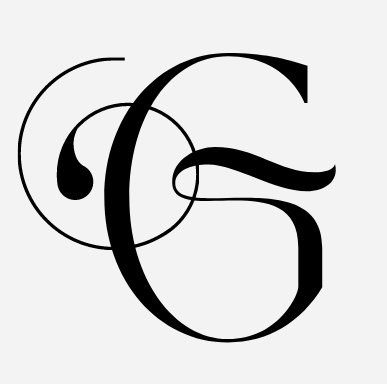
Oftentimes, I’ve had to explain the difference between treatment and cure over and over again. I’ve heard people say that their antihypertensives finished and so they stopped taking them.
They would always defend it with arguments along the lines of “Oh, the drug worked! I checked my BP again and it had normalised, so I stopped the medications so that it wont start going too low”.
No, no, no. Your BP normalised because the medication was working. It is very unlikely to normalise and then crash your BP to the extent of being hypotensive (ie BP of 89/59mmHg and below)
If it starts going too low, you would definitely have symptoms that would prompt you to check, but if it’s too high, there are no symptoms. That is why hypertension is called a silent killer. The drugs you are given are to CONTROL your blood pressure and keep it within a normal range. Unfortunately, there is no drug that cures hypertension. Stay with me please!
Hypertension can be treated but cannot be cured. I will define treatment and cure shortly. Most chronic diseases such as hypertension, diabetes mellitus and asthma can be treated but not all treatments are curative. Some diseases are treatable meaning they can be managed with medications but finding a cure has remained elusive.
Treatment refers to drugs, procedures and therapies that can reduce the effect of a disease condition on the body, whereas cure refers to medications, therapies, or procedures that totally removes an ailment.
Hypertension, Diabetes Mellitus, Migraines, Rheumatoid arthritis, HIV, Hypothyroidism and Asthma are all examples of diseases that can be treated but have no cure.
A person is said to be cured if there are no traces of the disease condition after treatment. If s/he had an infectious disease for instance, s/he can only be declared cured when tests cease to detect the organism (germs) in his/her body. But certain proteins (antibodies) may remain in the blood to show the person had been exposed to that infectious agent.
Recently, there has been a lot of research into the role of lifestyle changes such as diet, environment, and quitting harmful behaviours on diseases. So, if anyone promises you a cure to a chronic disease with some pills or supplements, be sure to ask what you have to do to stay cured.
Most, if not all the treatments that are being flaunted as curative actually have lifestyle changes as a core component. Haven’t you wondered why you have to get a meal plan, and are given a list of things to avoid and things to do daily?
You are being primed to form a habit that will help you stay “cured” in the long run.
But what do you do? Once you notice some positive changes, you go right back to the lifestyle that you had jettisoned.
Most lifestyle medicine specialists believe that any treatable disease can be reversed by lifestyle changes. Take note of the word used ‘reversed’ not ‘cured’. For some persons reversal means the lowest dose of antihypertensive drugs whereas some will have no need for the medications at all.
If it is reversed, it can reverse again. I hope you understand what I mean by that? Therefore, if you cease to maintain the tempo with the recommended lifestyle changes, you will lose the initial improvements you noticed. So you see, once the individual has attained a reversal of the disease and returns to their old habits, the disease returns.
The challenge with lifestyle changes is that old habits die hard and sustainable change in human behaviour is more often than not, an uphill task. If you’ve had to change your lifestyle in order to reverse a disease condition, then you have to sustain the changes for the rest of your life such that your food then becomes your medicine.
So what’s it gonna be? Stick to the lifestyle changes or go back to being yourself because Y.O.L.O (you only live once).
